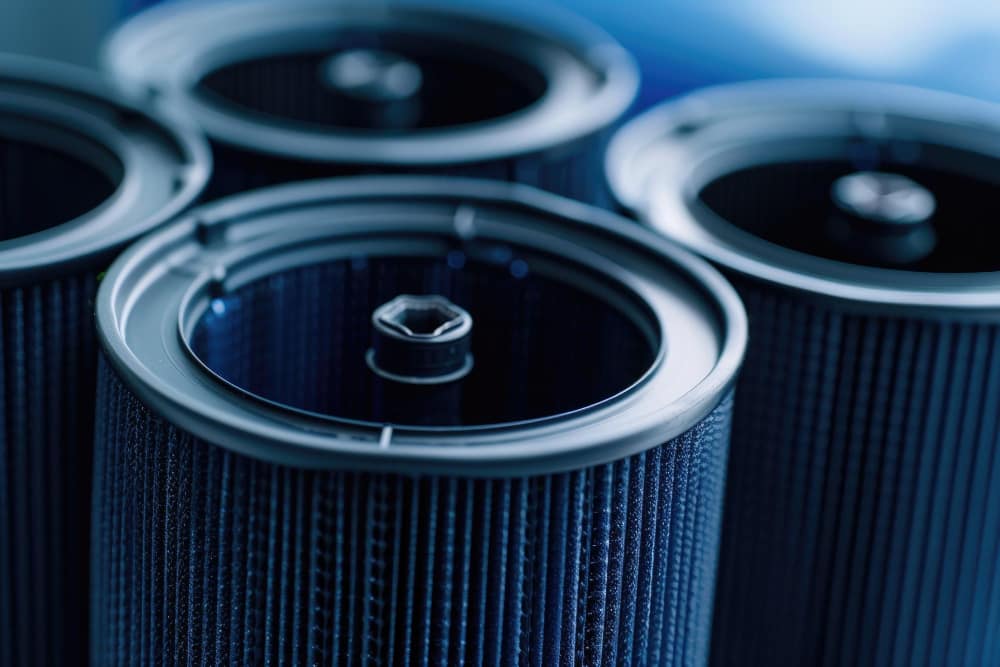
Why Quality Marine Filters are Essential for Robust Ship Operations
In the realm of maritime operations, the robustness and efficiency of a ship’s performance hinge significantly on several critical components. Among these, marine filters play a paramount role. These filters, often overlooked in favor of more conspicuous elements like engines and navigation systems, are vital for maintaining the integrity and functionality of various ship systems. Here’s an in-depth look at why quality marine filters are indispensable for robust ship operations.
1. Protection of Engine Components
Marine engines operate under extreme conditions, often for extended periods without respite. Quality filters ensure that the fuel, oil, and air entering the engine are free from contaminants. Contaminants such as dirt, rust, and water can cause significant damage to engine components, leading to wear and tear, reduced efficiency, and ultimately, engine failure. High-grade filters trap these impurities, protecting the engine and prolonging its lifespan.
2. Enhanced Fuel Efficiency
Fuel is one of the most significant operating costs for maritime vessels. Contaminated fuel can lead to incomplete combustion, causing engines to burn more fuel than necessary and emit higher levels of pollutants. Marine fuel filters remove particles and water from the fuel, ensuring cleaner combustion. This not only enhances fuel efficiency but also contributes to lower emissions, aligning with environmental regulations.
3. Maintenance of Hydraulic Systems
Hydraulic systems are integral to the operation of various ship mechanisms, including steering, stabilizers, and cargo handling equipment. Quality hydraulic filters are essential to remove contaminants that can cause wear in hydraulic components and result in system failures. By ensuring clean hydraulic fluid, these filters reduce maintenance frequency and prevent costly downtimes.
4. Improved Air Quality
Air filters are crucial for maintaining the air quality within the engine room and other compartments. They prevent airborne contaminants from entering critical systems, thereby protecting sensitive equipment and ensuring the health and safety of the crew. High-efficiency particulate air (HEPA) filters and other advanced filtration systems can capture even the smallest particles, ensuring a clean and safe environment.
5. Optimal Cooling System Performance
Marine cooling systems rely on clean water to regulate the temperature of the engine and other critical components. Water filters remove debris, algae, and other impurities from seawater before it enters the cooling system. This prevents blockages and corrosion, ensuring the cooling system operates efficiently. A well-maintained cooling system is essential for preventing overheating and maintaining optimal engine performance.
6. Reliability and Longevity
Quality filters are designed to withstand the harsh marine environment, including exposure to saltwater, vibration, and extreme temperatures. Investing in high-quality filters means fewer replacements and less frequent maintenance. This reliability ensures continuous operation and reduces the risk of unexpected breakdowns, which can be particularly costly and dangerous in maritime settings.
7. Economic Benefits
While quality marine filters might come with a higher initial cost, the long-term economic benefits far outweigh the expense. Reduced fuel consumption, fewer repairs, extended equipment lifespan, and minimized downtime translate to significant cost savings over time. Moreover, reliable operations contribute to the vessel’s productivity and profitability.
8. Compliance with Regulations
Marine vessels are subject to stringent regulations regarding emissions and environmental protection. Quality filters help ships comply with these regulations by ensuring that engines run cleanly and efficiently, minimizing harmful emissions. Compliance not only avoids legal penalties but also enhances the ship’s reputation and marketability.
Conclusion
In the intricate and demanding world of marine operations, the importance of quality marine filters cannot be overstated. They are essential for protecting critical components, enhancing efficiency, and ensuring the reliability of ship operations. Investing in high-quality filters is a strategic decision that pays off in the form of improved performance, reduced operational costs, and compliance with environmental standards. As the maritime industry continues to evolve, the role of robust filtration systems will only become more critical in ensuring the safe, efficient, and sustainable operation of ships worldwide.
